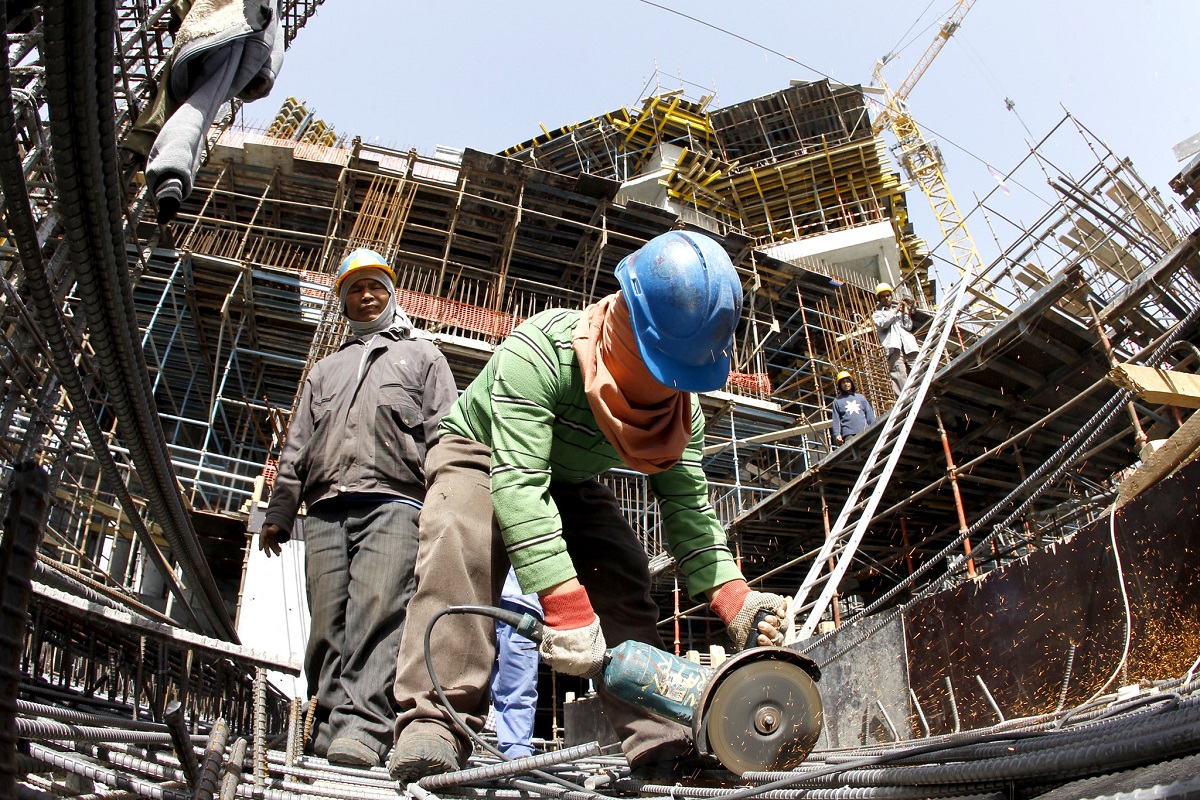In 2022, the country agreed to take more than 9,000 workers from Nepal. According to Ghimire, the Korean government has targeted to employ 72 percent of these workers in the manufacturing business, while the remaining 30 percent will be sent for agriculture and animal husbandry. The workers selected for manufacturing will be assigned to work from 2023. In the EPS examination taken in September this year, a total of 7,142 individuals passed the test.
Nepal and South Korea signed a memorandum of understanding for EPS for the first time on July 23, 2007. Following the pact, Korea has been hiring the required manpower via EPS. Meanwhile, the Korean government has revised the rule of the minimum wage to be effective from the beginning of 2023. In the new rule, the minimum wage rate will be around five percent higher than the existing wage range. According to EPS Center Nepal, a worker will be getting a minimum of 9,620 Korean won per hour from 2023. As of now, the rate has been fixed at 9,160 won per hour. A worker working for an average of 209 hours a month will receive more than 2.01 million won. South Korea has been allowing workers from 16 countries including Nepal under the EPS program. Citing the honesty and hardworking nature, Korean authority appears more lenient to Nepali workers compared to other countries, according to Ghimire. During the impacts of the Covid-19 pandemic, a large number of Nepalis who passed the Korean language and skill proficiency tests under EPS, waited for a long time to go to Korea for work. With request from the Nepali authority, the Korean government later on allowed Nepalis to go there on the basis of chartered flight and some quarantine provision. Also, the Korean authorities extended the visa of such workers by an additional year. Government expedites process to send Nepali nurses to UK Meanwhile, the government has expedited the process to send 10,000 Nepali nurses to the United Kingdom. According to Ghimire, both governments are currently working to prepare an implementation protocol for the purpose. “We have planned to send 200 nurses in the pilot phase,” he said. On Aug 22, Nepal signed a deal with the UK government to send around 10,000 Nepali nurses and each of them will be paid around Rs 400,000 per month. The competitive application process would be launched in the next few months. The World Health Organisation, however, has put recruitment of Nepali health workers on its ‘red list.’ Experts have criticized the government for turning a blind eye to the possibilities of exploitation in the recruitment process. Charging of extra fees by the consultants and possible shortage of nurses in the country, making the people shortfall in getting good health services, which Nepali people have been facing are among the concerns of the international organization. Nepal has 21 nurses per 10,000 people, compared with the UK’s 84 per 10,000.











